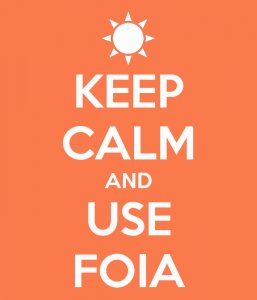On May 9, the U.S. Court of Appeals for the District of Columbia issued a significant ruling in Kahl v. Bureau of National Affairs, Inc. The Court of Appeals addresses (i) whether Yorie Von Kahl is a public figure for First Amendment purposes; and (ii) if so, whether he has produced sufficient evidence of actual malice by the Bureau of National Affairs, Inc. (BNA) to overcome BNA’s motion for summary judgment.
Some of these issues may play a role in a defamation lawsuit that is now before the local District of Columbia courts, Michael Mann v. Competitive Enterprise Institute, which concerns the hotly debated topic of climate change and global warming. On December 22, 2016, the District of Columbia Court of Appeals held that a jury could reasonable conclude that articles published in the National Review magazine “were false, defamatory and published with actual malice.”
 Gravel2Gavel Construction & Real Estate Law Blog
Gravel2Gavel Construction & Real Estate Law Blog


